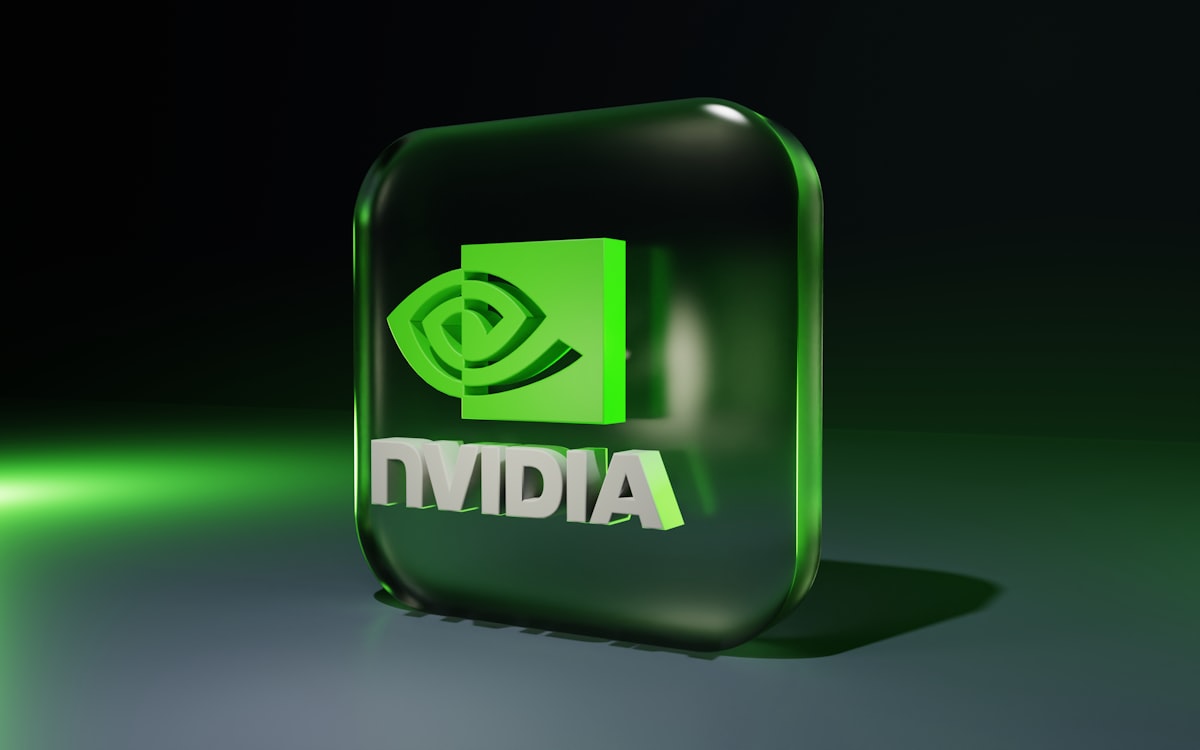Nvidia Set to Challenge Intel's PC Dominance with Arm-Based Chips
In a strategic move, Nvidia is preparing to enter the personal computer market by designing central processing units (CPUs) that run Microsoft's Windows operating system.

Nvidia, a major player in artificial intelligence computing chips, is now poised to make a significant entry into the personal computer (PC) market. The company is discreetly developing CPUs compatible with Microsoft's Windows operating system, a move that signals a direct challenge to Intel's dominance in the PC industry, according to Reuters.
Collaboration with Arm Holdings
The CPUs that Nvidia is working on are designed to utilize technology from Arm Holdings, a British semiconductor and software design company. This marks a pivotal step in Nvidia's strategy to extend its reach into the PC market.
A Response to Apple's Success
This strategic initiative, led by Nvidia, is part of a broader effort orchestrated by Microsoft to enable chip manufacturers to create Arm-based processors for Windows PCs. It's worth noting that this initiative is a response to the considerable success Apple has achieved in the PC market. In the three years following the introduction of its in-house Arm-based chips for Mac computers, Apple's market shares nearly doubled. This rapid expansion is supported by preliminary third-quarter data from the research firm IDC.
Other Players Joining the Fray
Nvidia is not alone in this endeavor. Advanced Micro Devices (AMD) is also preparing to manufacture chips for PCs using Arm technology. The emergence of both Nvidia and AMD in the Arm-based PC chip space is expected to bring a new dynamic to the industry.
It is anticipated that both Nvidia and AMD could introduce their Arm-based PC chips as early as 2025. This timeline aligns with the goals of these tech giants to compete in the PC market with innovative solutions.
Challenging Intel's Dominance
Intel has long been the leader in the PC industry. However, with the introduction of Arm-based chips, the landscape is changing. Apple's custom chips, in particular, have disrupted the market by offering improved battery life and performance that rivals traditional x86-based chips in terms of energy consumption.
Executives at Microsoft have observed the efficiency and performance of Apple's Arm-based chips, especially in the context of AI processing. As a result, Microsoft is eager to achieve similar performance levels in its devices.
Microsoft's Role in Driving Innovation
In 2016, Microsoft took a significant step by choosing Qualcomm to lead the effort to transition the Windows operating system to Arm's underlying processor architecture. This architecture has traditionally powered smartphones and their smaller batteries. Qualcomm was granted an exclusivity arrangement to develop Windows-compatible chips, and this exclusivity is expected to last until 2024. However, Microsoft has been actively encouraging other chipmakers to enter the market once this exclusivity deal expires.
Incorporating AI Features
Microsoft's initiative to foster innovation in the PC chip space goes beyond just transitioning to Arm-based designs. The company is also emphasizing the integration of advanced artificial intelligence (AI) features into the CPUs. This strategic move is driven by the recognition that AI-enhanced software is becoming increasingly important for using Windows effectively. To support this shift, forthcoming chips from Nvidia, AMD, and other chip manufacturers will need to allocate on-chip resources to enable AI capabilities.
Challenges Ahead
Transitioning from the industry-standard x86 computing architecture to Arm-based designs may pose significant challenges. Software developers have invested substantial resources in writing code for x86 chips, and these codes may not run seamlessly on Arm-based CPUs. Thus, overcoming these challenges will be pivotal for the success of Arm-based PC chips.
Nvidia's foray into the personal computer market by designing Arm-based CPUs in collaboration with Arm Holdings signals a major shift in the PC industry. The introduction of these innovative chips, along with AMD's entry into the market, has the potential to challenge Intel's long-standing dominance. Apple's success with Arm-based chips in its Mac computers has acted as a catalyst for this shift, and Microsoft is driving innovation by fostering the development of Arm-based processors for Windows PCs. While the transition to Arm-based chips may pose challenges due to software compatibility issues, the industry is poised for a transformative period as tech giants strive to deliver efficient and AI-capable PC solutions.
To stay updated with the latest developments in technology and industry insights, continue following us for more news.




